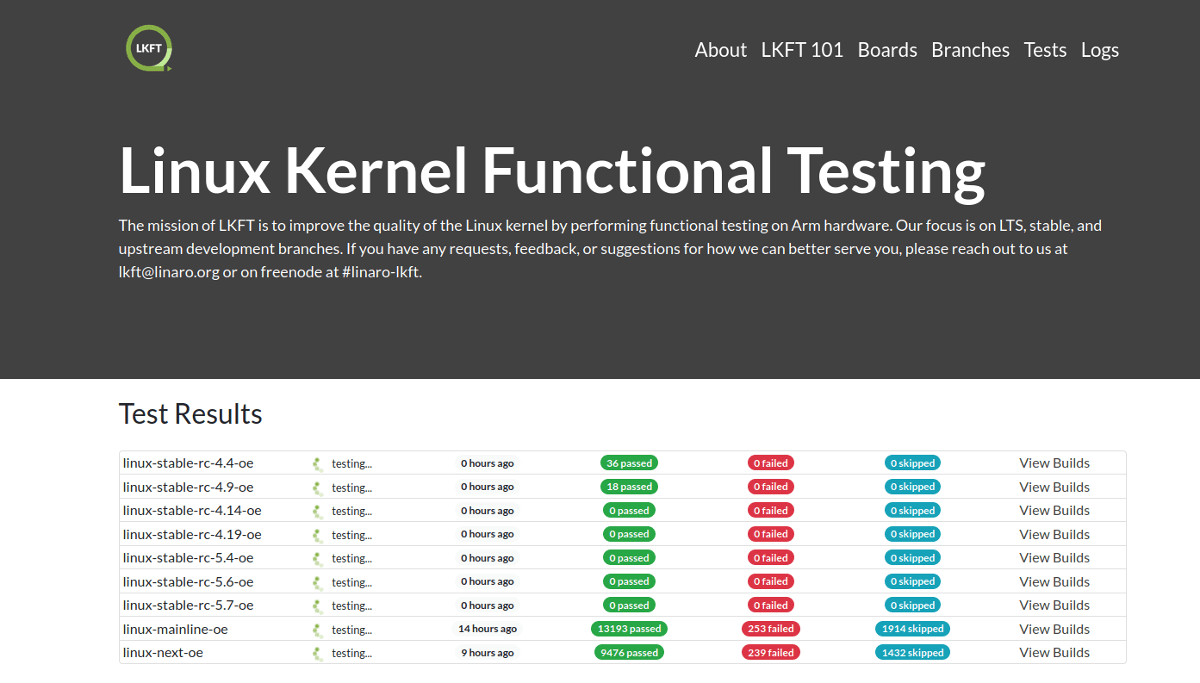Originally posted by NotMine999
View Post
Originally posted by NotMine999
View Post
Originally posted by NotMine999
View Post
A non-exhaustive list of Linux testing:
Kernel Selftests
https://www.kernel.org/doc/html/late...kselftest.html
KUnit - Kernel Unit tests
https://www.kernel.org/doc/html/late...nit/index.html
https://google.github.io/kunit-docs/...y/kernel/docs/
Linaro's Linux Kernel Functional Testing
Linux Test Project
Intel GFX CI
Block Layer testing - blktests
https://github.com/osandov/blktests/...ster/README.md
XFS Tests
Kernel builbot for stable-queue and hwmon
Kernel CI
Linux Kernel Performance tests
KVM Unit tests
https://git.kernel.org/pub/scm/virt/...unit-tests.git
Originally posted by NotMine999
View Post
Originally posted by NotMine999
View Post
Originally posted by NotMine999
View Post






Leave a comment: